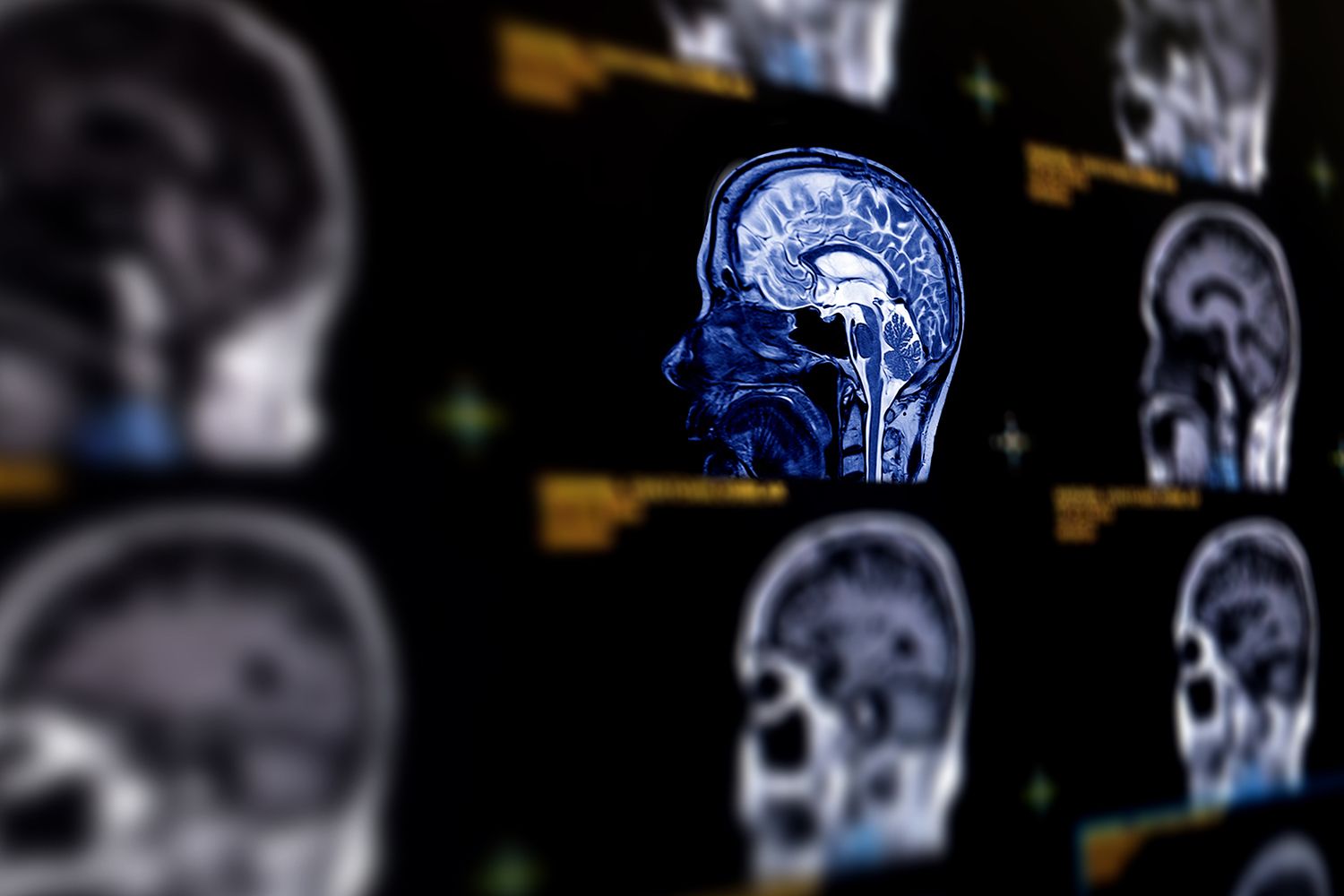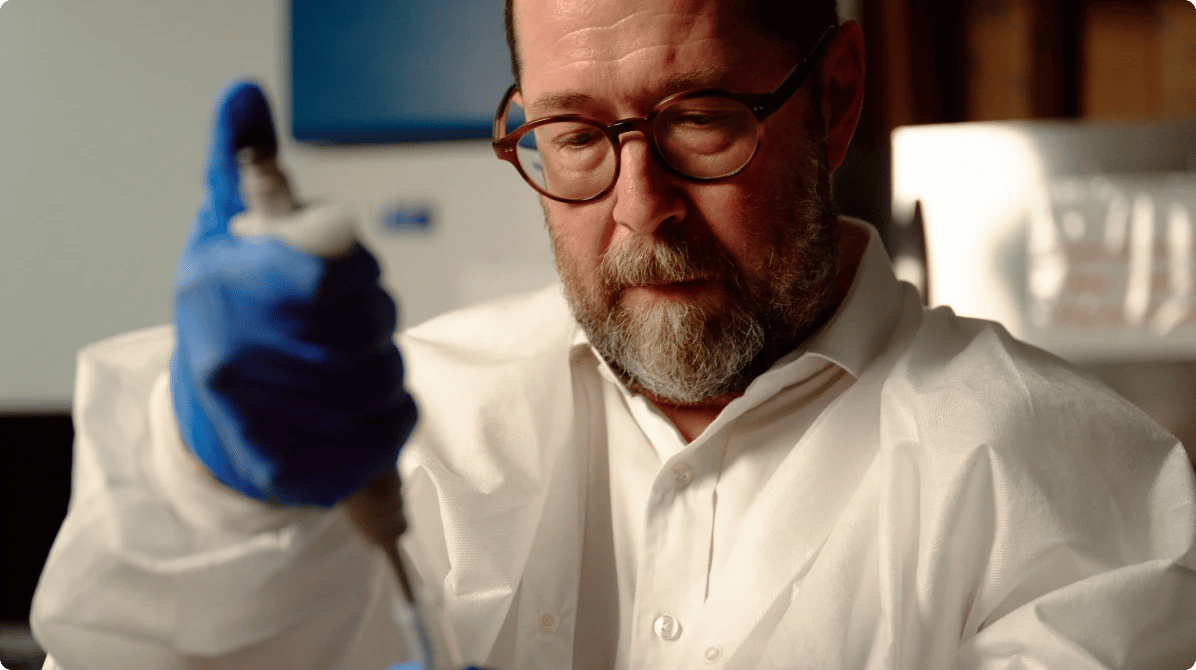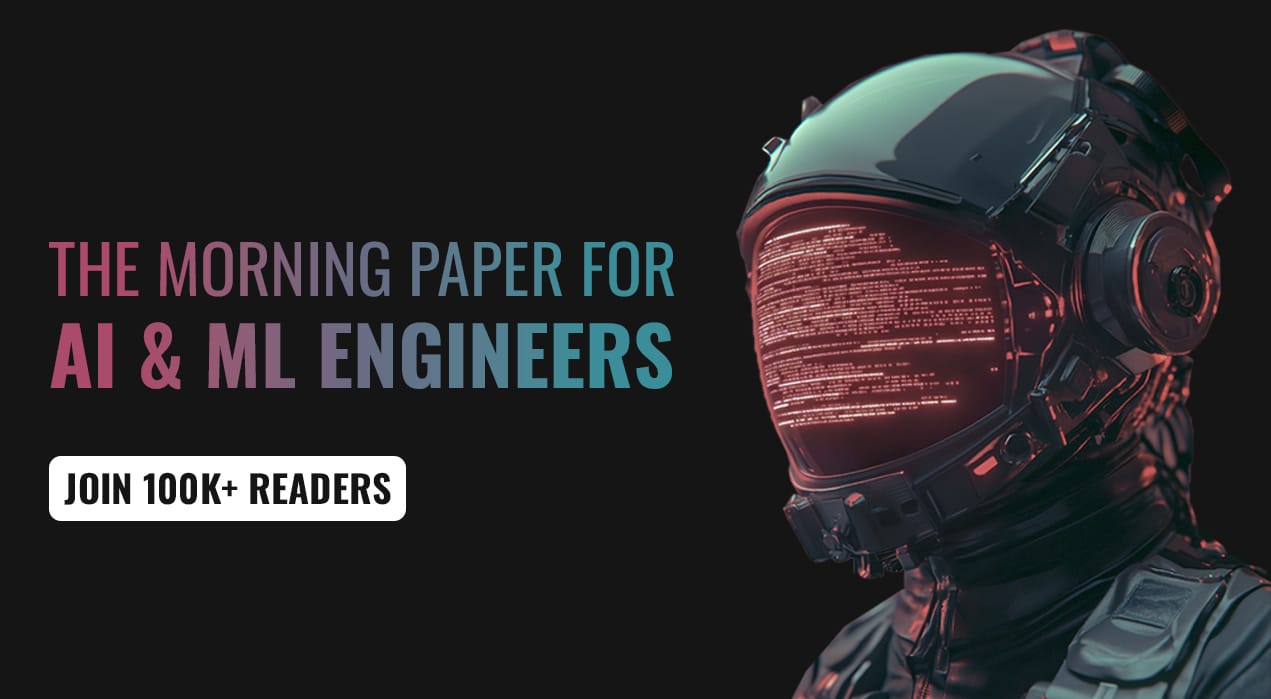- AIHealthTech Insider
- Posts
- 🧠AI & Mental Health: Hope, hype, and what no one tells you
🧠AI & Mental Health: Hope, hype, and what no one tells you
Would You Trust an AI with Your Mind? What the Data Shows

AI HealthTech Insider - Special Issue
Mental health AI is moving from research labs to clinics this month. Here's what's actually ready to use.
✨ Hi Readers,Big Tech is promising AI will fix mental health, but is it true? We dug into the real research, one study shocked even us. Here’s what’s hype, what’s hope, and what to actually try (or avoid). |  Image Source: ChatGPT/AIHealthTech Insider |
🌟 Feature Story
Your Next Mental Health Checkup? An AI-Led Interview
Researchers have built generative-AI systems that can conduct structured clinical interviews for depression and anxiety with high diagnostic accuracy.
These models outperform traditional digital questionnaires and rival human-scored assessments, without fatigue, subjective bias, or inconsistent scoring.
This marks a shift from AI as a “symptom checker” to AI as a clinical-grade evaluator supporting real-world triage.
Why it matters:
The future of mental health may start with AI conducting the first conversation, and clinicians doing what humans do best: treatment, empathy, and judgment.
From the Sponsor
Tech moves fast, but you're still playing catch-up?
That's exactly why 100K+ engineers working at Google, Meta, and Apple read The Code twice a week.
Here's what you get:
Curated tech news that shapes your career - Filtered from thousands of sources so you know what's coming 6 months early.
Practical resources you can use immediately - Real tutorials and tools that solve actual engineering problems.
Research papers and insights decoded - We break down complex tech so you understand what matters.
All delivered twice a week in just 2 short emails.
🧪 The Essentials: Science & Innovation
Story #1: Stanford BrainSynth, Privacy Breakthrough or Next Pandoras Box?
Stanford researchers built BrainSynth, a generative AI model that creates thousands of realistic brain MRIs. It helps scientists detect subtle patterns behind conditions like depression, anxiety, substance-use disorders, and cognitive decline.

Image Source: Stanford
Why it matters:
This could help uncover early brain changes in common mental-health issues, long before symptoms become severe.
Key Takeaways:
✔️ Synthetic MRIs reveal subtle, hard-to-see changes
✔️ Expands datasets from 100 to over 5,000 scans
✔️ Enables cheaper, more accurate research
✔️ Opens the door to better prevention & treatment planning
Story #2: Google Bets Big on AI Wellbeing, But Do Digital Therapists Work?
In early July, Google introduced two initiatives aimed at democratizing evidence-based mental-health treatment worldwide.

Image Source: Google
The first is an AI field guide helping organizations use AI responsibly for clinician training, personalized care, and workflow automation. The second is a major research partnership with Wellcome Trust to develop AI tools for anxiety, depression, and psychosis.
Why it matters:
This could help millions in underserved regions access reliable support faster.
Highlights:
✔️ AI guide for safe, scalable mental-health interventions
✔️ Tools that help clinicians train faster and smarter
✔️ Funding for next-gen research in anxiety & depression
✔️ Focus on precision, safety, and responsible use
Story #3: OpenAI’s $25B Health Fund, Will It Fund Hype or Real Change?
OpenAI’s new nonprofit foundation is allocating part of its multi-billion-dollar fund to mental-health and neuroinformatics research.

Image Source: OpenAI
The goal: build global datasets, open-source tools, and AI frameworks that make mental-wellness support more equitable and effective.
Why it matters:
Shared datasets and tools could accelerate breakthroughs for everyone, not just large institutions.
Highlights:
✔️ Builds global datasets for mental-health research
✔️ Open-source cognitive modeling tools
✔️ Supports WHO-aligned digital health goals
This is the #2 of our special mid-week editions. Expect these whenever major health news breaks and when AI innovations can actually help make sense of it.
We'll be back with the full Insider next Monday. Until then stay healthy.
Do you trust AI mental health tools, for yourself or a loved one? |
Which AI health story blew your mind (or made you cringe)? Hit reply, We read every message.
Want more visuals or hot takes? Click the poll above or share your wish list.
Team, AI HealthTech Insider

